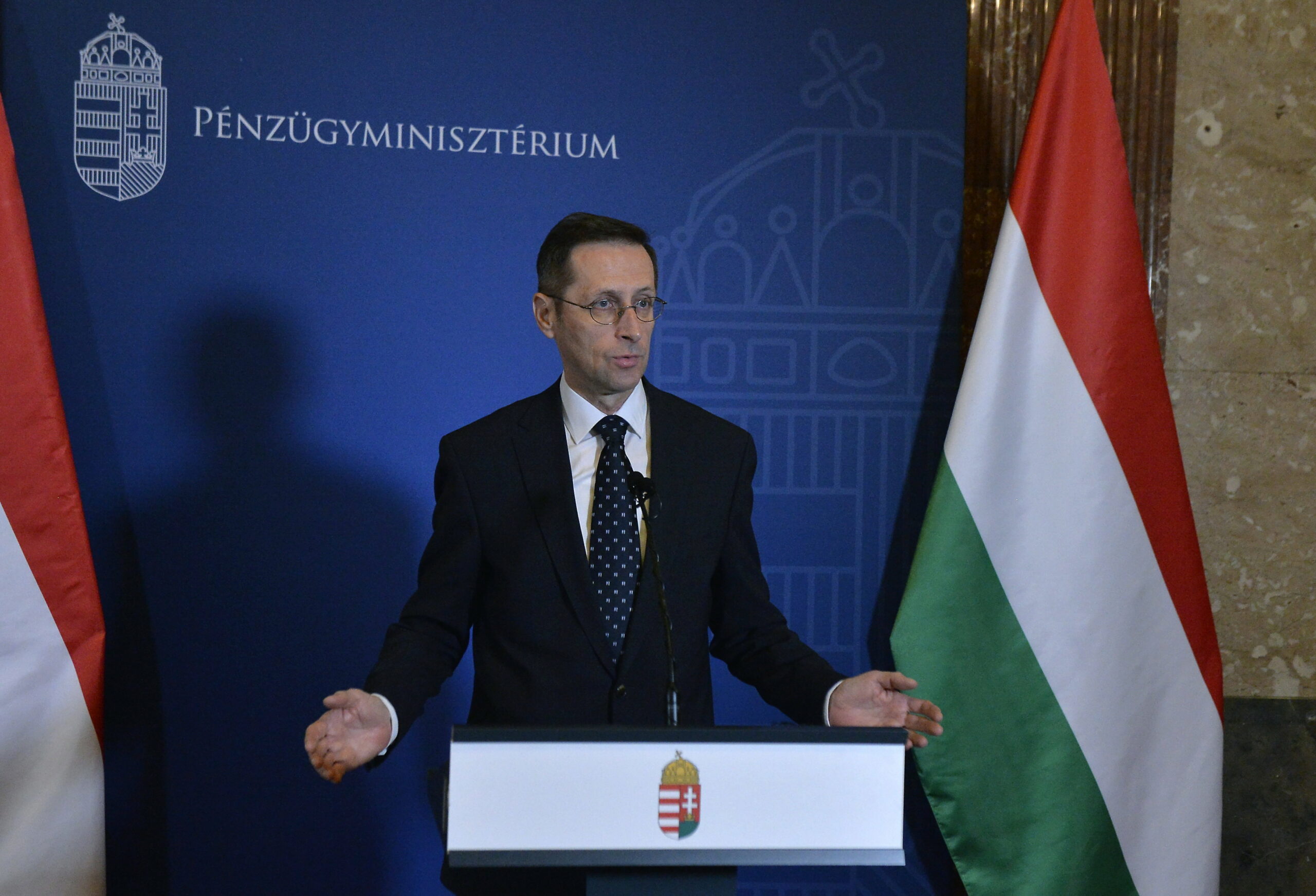
The February deficit is equivalent to nearly 3% of GDP and almost half of the deficit previously planned for the whole 2022 year.Continue reading

Hungary’s government sector had a 3,736 billion forint deficit in 2021, equivalent to 6.8 percent of GDP, calculating with the European Union’s accrual-based accounting methodology, the Central Statistical Office (KSH) said in a preliminary release on Friday.
The deficit relative to GDP was a full percentage point under the gap in 2020.
The National Bank of Hungary said the public debt amounted to 42,414 billion forints at the end of 2021, or 76.8 percent of GDP.
Government revenue came to 22,695 billion forints while spending totalled 26,431 billion last year, with revenues increasing by 1,739 billion, or 8.3 percent, and expenditure up 1,715 billion, or 6.9 percent, compared with the previous year.
Both the budget deficit in 2021 and the public debt-to-GDP ratio at the end of the year were appreciably lower than expected, Dániel Molnár, an analyst at the pro-Fidesz Századvég research institute, told MTI.
In Hungary’s Convergence Programme submitted last April, the government forecast an ESA deficit of 7.5 percent and a public debt ratio of 79.9 percent, he noted.
He said rapid economic growth had a positive effect on the revenue side of the budget, while income tax revenues linked to the personal income tax refund for families with children only fell by 5.8 percent.
VAT revenues were also appreciably higher thanks to higher turnover and inflation, Molnár added. He noted that the government planned to reduce the deficit and public debt further, and the government is postponing certain investments to this end.
Growing consumption, high employment and double-digit wage growth will boost the revenue side this year, he said, while buoyant economic growth and high inflation presaged big reductions in the budget deficit and public debt.
Molnár warned, however, that the Ukraine war created risks to growth due to the disruption of supply chains and rising energy and food prices. Having adequate reserves is highly important in protecting the Hungarian economy against the fallout of the war, he added.
featured image: Finance Minister Varga; via Zsolt Czeglédi/MTI